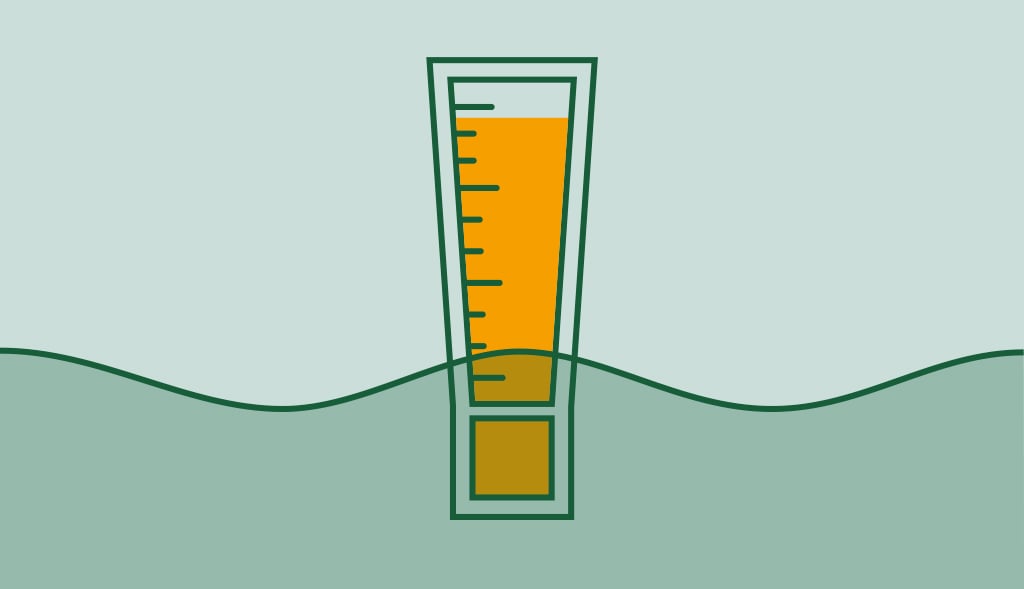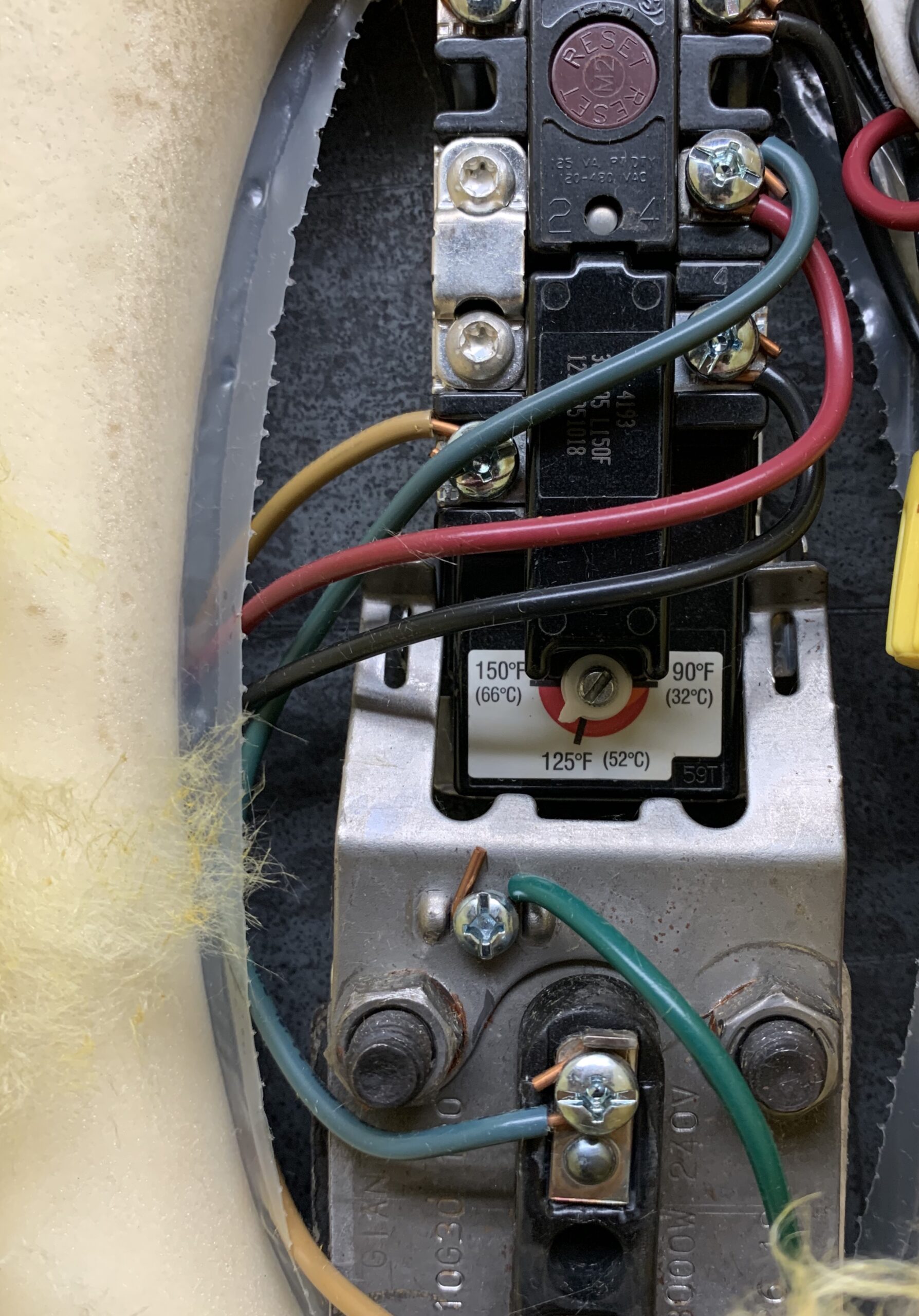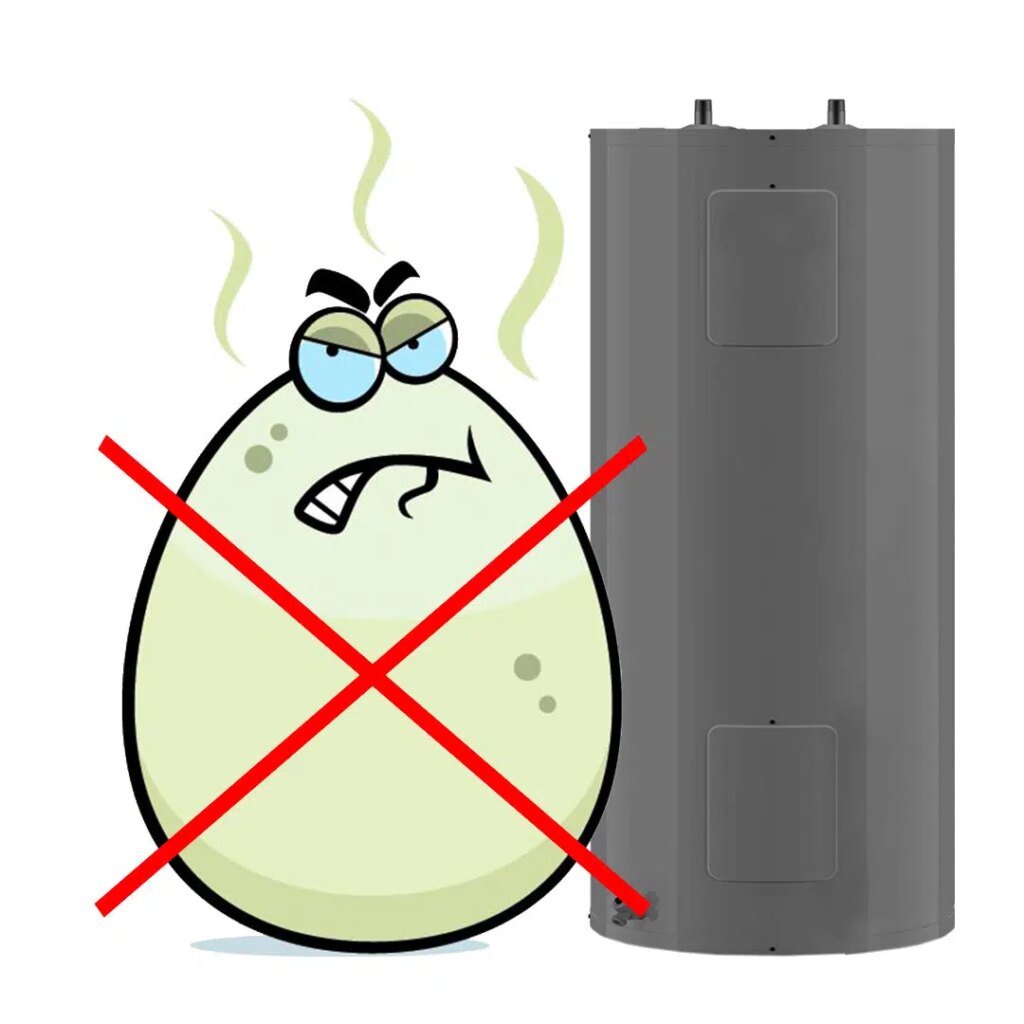Hot Water Temperature : Avoid Setting Your Water Too Hot

If your hot water temperature is set to 140 degrees Fahrenheit, it takes three seconds to burn your skin serious enough to require surgery. Three seconds isn’t long at all. What’s more, The American Burn Association found that 41% of the homes they inspected were at unsafe levels capable of causing these types of significant burns to your skin. Imagine if your hot water temperature was set to 150 degrees of more.
When the temperature of the hot water tank is too high, it may affect its service life. However, when the temperature is too low, legionnaires disease can develop.
Rule of thumb is safe bathing and showering temperature is 100 degrees Fahrenheit. That means your heater hot water temperature should be set at or below 120 degrees Fahrenheit. Sometimes water heater thermometers vary depending on the brand, the age, or how much the water heater is used.
That means you should adjust your water heater to at or below 120 degrees Fahrenheit and then re-test it 24 hours later.
Water Heater Temperature

The CDC recommends water heater temperature set at 120 degrees Fahrenheit or lower. Infants and small children may need it a bit lower than that as their skin is more sensitive than adults. If you maintain your water temperature at 120 degrees Fahrenheit constantly, you eliminate most of the risk of severe burns and injuries.
When you’re testing your water temperature, you can use a meat thermometer at a water tap with the hot water on. The continual work of water heaters gives you hot water even when you’re not using them. If you live in a colder climate, your water heater works tirelessly to keep your water at 120 degrees Fahrenheit.
It’s during the cooler months of the year that you may notice increases in your energy bill. They’re factors that affect how your water is heated and how long it takes to keep your water temperature at 120 degrees Fahrenheit.
Hot Water Temperature
Factors that affect your hot water temperature are varied. They go from what kind of plumbing you have to what type of energy you use. Energy is defined as gas or electric. The below factors represent the specifics on what types of things affect your water heater temperature.
- If the faucets in your home are quite a distance from your water heater, heat is lost along the way from heater to faucet. If your pipes aren’t insulated, you’ll lose even more heat along the way. There are times you do have to set your water heater above the recommended 120 degrees Fahrenheit.
- If you do set your water heater above 120 degrees Fahrenheit, you need to perform regular temperature checks at your faucet, so try to build them into your schedule.
- CDC recommends your water heater temperature be set at 120 degrees Fahrenheit. OSHA has a different hot water temperature recommendation. OSHA recommends you keep your water heater at 140 degrees Fahrenheit so your risk of being exposed to microorganisms and Legionella is reduced.
- Various recommendations for safe water temperature is not only varies from safety agency to health agency.
Different recommendations on water temperature may confuse you a bit. But if you keep your hot water temperature at 120 degrees to 140 degrees Fahrenheit, you’ll be within an acceptable and safe range. You also need to provide scheduled monitoring of your faucet water to gauge its temperature.
Changing Your Water Heater Hot Water Temperature
Every hot water heater has different panels that control your hot water temperature. Most of the panels are similar and even located in the same general areas no matter what type of water heater you have. Most electric water heaters have two thermostats. If you want to learn how to adjust the temperature, visit : Changing Your Water Heater Water Temperature
Increase The Temperature To Eliminate Sulfur Smell

Many people turn up the water temperature to kill bacteria in the water. Sometimes, people want to turn up the water temperature hot enough that it kills bacteria and stops rotten egg smell.
In order to kill the bacteria in your hot water, you need to raise the temperature of the water heater to over 160 degrees Fahrenheit (71 degree Celsius) or more. In addition to being dangerous, such a high temperature will bring medium and long-term problems in your home and can reduce the lifespan of your water heater.
There are many safer ways to remove the smell of sulfur from your hot water. The Corro-Protec powered anode will stop the rotten egg smell in just 24 hours and you don’t need to increase the temperature of the water heater.
Hot Water Heater and Heater Component Replacement
Some companies offer core replacement parts for things like water heater anodes and other components in water heaters. Some of these companies meet and exceed best industry standards and practices. What’s more they’ll do it every time with every job because want to improve industry regulations.
Some components of a hot water heater that may need to be replaced from time to time consist of things like heat traps, ignitors, powered anode rods, dry-fire protection and more. Others just help you improve both the heating and safety of your hot water heater or its parts. When you need an anode rod replacement, you’re replacing something that protects the steel metal tank.
Save Money With Easy DIY
If you want to keep the energy efficiency of your water heater and prevent scalding or prevent cold shower you should drain your water heater at least every year. This will prevent sediment accumulation that will reduce the energy efficiency of your tank resulting in more money to heat the same amount of water.





Is your water heater temperature too hot for your comfort…
Rule of thumb is safe bathing and showering temperature is 100 degrees Fahrenheit. That means your heater hot water temperature should be set at or below 120 degrees Fahrenheit.
Many people turn up the water temperature to kill sulfur-reducing bacteria in the water.
There are many safer ways to remove the smell of sulfur from your hot water. The Corro-Protec powered anode will stop the rotten egg smell in just 24 hours and you don’t need to increase the temperature of the water heater.
Blog
How to Change Your Hot Water Heater Temperature In 6 Steps
Changing your hot water heater temperature is easy. However, before adjusting your hot water heater temperature, you should read our article : Hot Water Temperature: […]
Troubleshooting: Why Your Hot Water Heater Is Not Working
When you want a warm bath or shower but only get cold water, it can be really annoying. If your hot water heater isn’t working, […]

